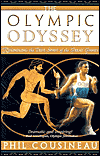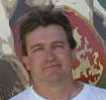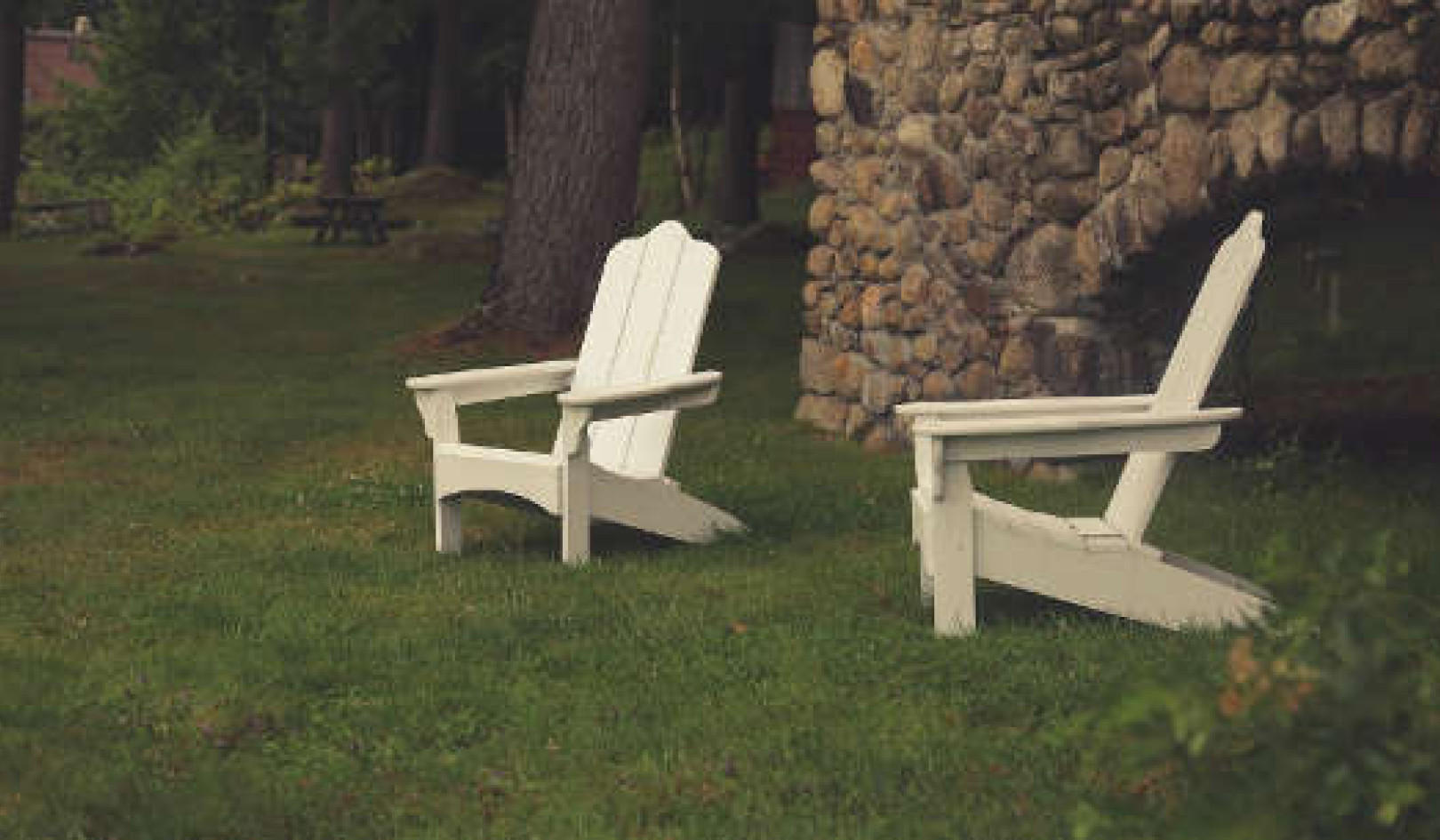
According to H. A. Harris, the ancient Olympic Games were "an integrated preparation for a life of quality." This transcendent form of training for success in life, not just in sports, is the secret strength of our philosopher coaches today, like Susan Jackson, Charles Riley, Percy Cerutty, and legendary basketball coach John Wooden.
"Players fifty years ago wanted to win just as much as players today," writes Wooden. "Foot soldiers a thousand years ago wanted to win the battle as much as combat troops today. Athletes today have no greater desire to win than athletes at the first Olympic Games. The desire then and now is the same . . . In classical times, the courageous struggle for a noble cause was considered success in itself. Sadly, that ideal has been forgotten. But it is well worth remembering."
Success = A Favorable or Desired Outcome
According to the dictionary, success means "a favorable or desired outcome." In common usage it refers to the attainment of wealth or tame, and in the sporting world, to winning — and winning large, as they say today, meaning championships.
By any standard, John Wooden was one of the most successful coaches of the twentieth century, having led his UCLA basketball team to ten national championships in twelve years. More impressive, however, is that his eye was always on the greater prize. Winning was never as important to him as the challenge of instilling in his players a revolutionary -- for our time -- reappraisal of success and a soulful emphasis on doing one's absolute best.
Coach Wooden bases his famous approach on the simple principles he inherited from his father, growing up as a boy on a small Indiana farm. First on the list was: "Be true to yourself." Second was: "Help others." His commonsense philosophy made him seem unfashionable in his early years as a teacher and coach, but it set the stage for the stellar career that followed.
The Pyramid of Success: Being the Best You Can Be
In Pyramid of Success, Coach Wooden says, "Long ago I wasn't satisfied with what was generally considered to be success, which was the accumulation of material possessions or the attainment of a position of power or prestige. I don't think those things necessarily indicate success, but they might. So after a lot of thinking, I came up with my own definition."
His belief and his practice point to what he feels is vital to living a good life: "a higher standard of success than merely winning." This standard is a blend of common sense, old world values, and a dash of what one of his star pupils, Kareem Abdul-Jabbar, calls Wooden's "mystic quality."
"Success," says John Wooden, "is peace of mind attained only through self-satisfaction in knowing you've made the effort to do the best of which you're capable." With characteristic honesty, Wooden confesses that when people ask him if he has lived up to his own model of the Pyramid of Success, "My answer is always the same: No. But I've tried."
Wooden's coaching philosophy is in line with the wisdom voiced by a plethora of thinkers throughout history. Ralph Waldo Emerson, for instance, said, "Wisdom comes more from the heart than from the head." William Faulkner advised, "Don't bother to be better than your contemporaries or predecessors. Try to be better than yourself." Wooden often echoed him in telling his players, "Never try to be better than anyone else, but be the best you can be."
The depth of Coach Wooden's conviction about taking pride in one's own personal best causes him to worry about the modern Olympics. "I no longer feel that supportive of the Olympic Games, which have become almost professional," he writes in his recent book, Wooden. "You'll see an athlete complaining about coming in second because he knows it will cost him in endorsements. Going for the gold has too often become going for the green." Instead, Wooden says, the right question in sports, as in life, is: "Did I make my best effort? That's what matters. The rest of it just gets in the way."
From Joyless Play to Fair Play
David C. Young writes, "The fundamental Greek view of the aim of athletics was to gain the satisfaction of victory and a sense of physical well-being in return for hardship, exhaustion, and discomfort."
No doubt, the satisfaction and pride of victory can inspire the virtues of hard work. A healthy winning attitude can help prepare athletes, and even fans, to deal with the tough realities of the ultra-competitive modern world. A ferocious drive to win may also work as a safety valve for young people's aggressive behavior. But what happens when the stress on winning transmogrifies into the monstrous demand to win at all costs?
In The Sports Medicine Book, Gabe Mirkin reports that he polled over one hundred elite runners about whether or not they would take a magic elixir he called the "Olympic Pill," if they knew it would transform them into Olympic champions — even though they would die a year later.
More than half said yes.
Likewise, in Michael Clarkson's Competitive Fire, sports advisor John Douillard says, "Second place means nothing these days, especially with so much riding on victory — trophies, earnings, corporate sponsors, and self-esteem. We've put so much pressure on winning, we've traded in the process of getting there, the enjoyment process of sports which many athletes these days never achieve. The fun has gone out of it."
The Business of Sports vs. Fair Play
Gary Walton explains the source of the gale-force winds of commerce and cynicism that a well-meaning coach is up against: "The special virtues and characteristics of the philosopher coach are being smothered by the new, additional talents needed to win and promote the game. No one is to blame. It is not the fault of the coaches, nor the players, team owners, or fans. The changing character of coaching is being driven by the market place, by the growing number of fans willing and able to pay top dollar for sports entertainment, by technical progress in the development of athletes, and by the media."
When the Olympic ideal of struggling and participation is defamed, the addiction to perfection can take over. Its influence ripples out across the entire culture, as evidenced by the disturbing disclosure that more and more kids are dropping out of organized sports. At least 75 percent of kids stop playing by age twelve, according to Scott Lancaster in his revolutionary book, Fair Play. And the reasons range from boredom to shame to too little playing time, poor teaching, not enough learning or improving, too much focus on winning, and hardly any joy.
Fair enough, says the "fair play" movement. In the beginning, we will encourage kids to play for the sake of play and no more. No score, no points, and no winners. In real play, we will remind them, there is no goal and no prize.
So far, the fair play model seems to be working. Coaches and parents across the country report growing enthusiasm for participation in sports among school-age kids. Nevertheless, there is another level of engagement in sports that leads inexorably to higher forms of competition, to games where the only object is to win, to conquer, to gain advantage.
The Spirit-Lifting Power of Personal Bests
 Many modern coaches believe there is a connection between the terrific pressure to win at the most elite levels, from the major leagues to the Olympics, and the joyless and businesslike approach that now pervades our sports. Those who care about the current and future health of all of our games, culminating in the Olympics, do not deny the value of competition, nor do they wish to suppress the joy that accompanies victory. Instead, they ask for a more mythopoetic approach to sports — less talk about money and more talk about beauty, less obsession about celebrities and more focus on sportsmanship, excellence, humility, and the spirit-lifting power of personal bests. This caliber of coach speaks up for, and stands for, qualities that allow the entire community to grow stronger.
Many modern coaches believe there is a connection between the terrific pressure to win at the most elite levels, from the major leagues to the Olympics, and the joyless and businesslike approach that now pervades our sports. Those who care about the current and future health of all of our games, culminating in the Olympics, do not deny the value of competition, nor do they wish to suppress the joy that accompanies victory. Instead, they ask for a more mythopoetic approach to sports — less talk about money and more talk about beauty, less obsession about celebrities and more focus on sportsmanship, excellence, humility, and the spirit-lifting power of personal bests. This caliber of coach speaks up for, and stands for, qualities that allow the entire community to grow stronger.
One such coach is Steve Glass, former player in the Atlanta Braves organization and now athletic director and award-winning teacher and coach at Cathedral School for Boys in San Francisco. Coach Glass told me in an interview that his philosophy is to teach his kids how to compete and win with perspective, especially in light of the often unrealistic expectations thrust upon them.
"I see my role as coach as going behind the x's and o's," he told me, "to teach them life lessons, like developing good qualities as human beings, such as trust, honesty, sportsmanship, and integrity. These characteristics are much more important than the outcome of one random game. As long as my students are having fun, giving their best effort, and never giving up, they are winners no matter the outcome. If they understand that, then I have done my job."
When I asked Glass about the Olympics' influence on him and his aspiring athletes, his response was impassioned: "The Olympics have incredible value to me as a teacher and a coach," he said. "Sports teach kids the value of making friends, how to deal effectively with adversity, the importance of getting along with teammates, fundamental skills, and a healthy lifestyle. Olympic athletes are incredible role models for kids in terms of their commitment, hard work, and dedication. They provide a kind of ideal to offer them that I just can't find anywhere else, in college or pro sports. The Olympic ideal was founded on a belief that countries could come together in the spirit of competition; the outcome would be secondary ... No matter their country, every kid in the world can appreciate an outstanding athletic performance, and the Olympics provide the grandest stage."
Losing Graciously and Winning Courteously
Our inspiring interview transported me back to the playing days of my own youth, when the gods graced me with coaches who were both wise teachers and tough trainers. They helped me, in the ancient tradition of the mentor, to "make up my own mind," which meant, in the language of sports, find my swing, pace myself, groove my shot. I thought of Coach McCaffrey, my firebrand Irish baseball coach, who told us before a championship game, "To hell with all that stuff about sports building character -- it reveals character. Now get your characters out on the field and win this thing!"
I remembered the humbling words of Ron Gold, basketball coach for the club team I played for in London in the mid-seventies, seconds after the buzzer sounded on my finest game of the season (44 points, 19 rebounds) and our most resounding victory, over a team from the nearby U.S. Air Force base. At the height of our euphoria in the post-game huddle, he reminded us of what James Naismith, the Canadian inventor of basketball, used to tell his players: "Let us all be able to lose graciously and to win courteously; to accept criticism as well as praise; and last of all, to appreciate the attitude of the other fellow at all times." Then he led us across court to shake hands with our opponents. I vividly remember the strong emotions that rose up in me and the utter surprise on their faces as we looked each in the eye and thanked them for a great game.
Olympic lessons abound concerning the ties that bind together philosopher coaches and their athletes. Of all the fabled relationships, perhaps the most storied and inspiring is that of Jesse Owens and his coach, an Irishman named Charles Riley. Riley was so convinced he had detected something special in Owens that he rose every morning at dawn to train him before they both had to appear at school. Rather than training hard to reach what Owens thought what his limit, Riley taught him to push past that border to the mysterious place where victory is always found.
What Owens learned to appreciate in his coach was that, "Somehow, Mr. Riley had found the secret of winning that victory anew for himself each day, and for helping others to win it." Owens credits his own ability to transcend the terrific pressure he was under at the Berlin Games to his beloved coach, for Riley had taught him well that he wasn't competing against any other athlete or even against another nation.
"As I'd learned long ago from Charles Riley," he wrote later, "the only victory that counts is the one over yourself."
Owens learned something else from his coach, as the film version of his life portrays — something that comes not from running but from slowing down to a saunter and listening. "If we walk long enough," Riley says to Owens in the movie, "and talk long enough, we might get to understand one another."
Reclaiming The Games
Every two years, I marvel as thousands of athletes gather to compete at the next round of the summer or winter Olympic Games. My mind still runs wild, my heart races, and I feel nearly as exultant and free as I did when I ran a hundred miles a week, or played basketball five hours a day. I have come to see the four sides of the television, the four edges of the newspaper, or the four walls of the stadium, which simultaneously encapsulate and convey to me the action of the Games, as the ancient Persians viewed their walled gardens, their pairidaeza — as "paradise." For it is in paradise that we finally return home. It is there that we catch a glimpse of our better selves; it is there that our spirits finally roam free.
I believe this is one reason why the Olympic Games remain as relevant as ever: they continue to carry us away from our daily troubles and transport us to the closed garden of the gods. As A. Bart Giamatti writes in his inspired essay on our glorious love of all great games:
All play aspires to the condition of paradise. It is the condition of freedom that paradise signals, and that play or sport — however hedged in by the world wishes to mirror, however fleetingly... So games, contests, sports reiterate the purpose of freedom every time they are enacted, the purpose being to show how to be free and to be complete and connected, unimpeded and integrated, all at once. That is the role of leisure, and if leisure were a god, rather than Aristotle's version of the highest human state, sport would be a constant reminder not a faded remnant of that transcendent or sacred being... As our forebears did, we remind ourselves through sport of what, here on earth, is our noblest hope. Through sport, we re-create our daily portion of freedom, in public.
The Olympic Games teach us that life can be a festival, that competitions can enliven the entire community, that the desire to excel makes winners of us all, and that playing at the meaning of life is a noble thing. To convey the spirit of the ancient Games and the soul of the modern Games to the next generation is now our hope; to pass the torch of our passion for a life of excellence is now our task.
Reprinted with permission of the publisher,
The Theosophical Publishing House. ©2003. www.questbooks.net
This article was excerpted from:
The Olympic Odyssey: Rekindling the True Spirit of the Great Games
by Phil Cousineau
 The US Olympic Committee gave each Summer 2004 athlete this book for showing how the Games inspire contestants, trainers, fans, and nations alike. Its mythology and sports stories offer metaphors for living with passion, compassion, focus, and fairness.
The US Olympic Committee gave each Summer 2004 athlete this book for showing how the Games inspire contestants, trainers, fans, and nations alike. Its mythology and sports stories offer metaphors for living with passion, compassion, focus, and fairness.
Click here for more Info or to Order this book on Amazon.
 About the Author
About the Author
PHIL COUSINEAU, author of seventeen books, is an award-winning documentary filmmaker who lectures worldwide on topics such as mythology and creativity. He now lives in San Francisco, but still roots for his Detroit hometown teams.























